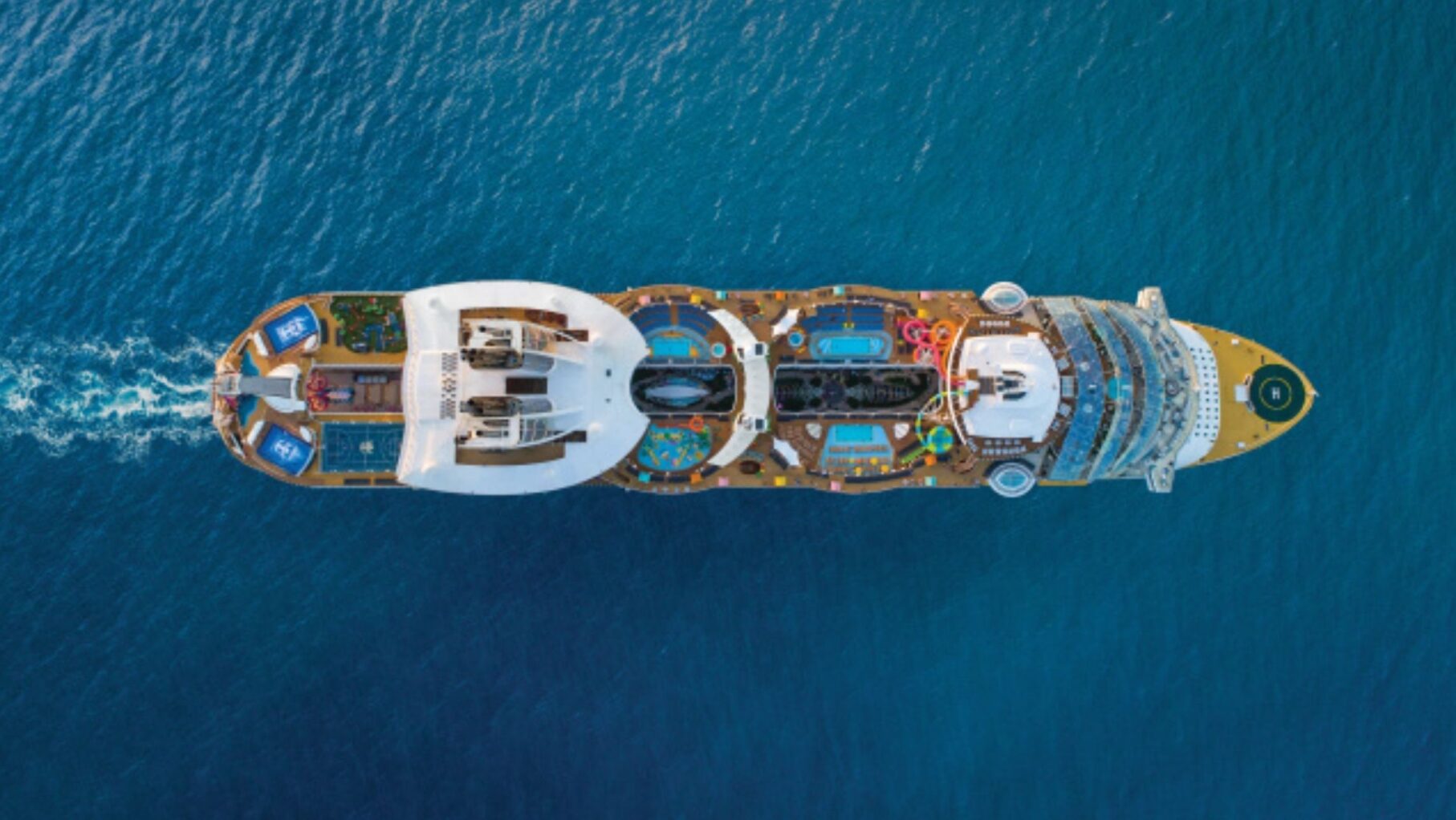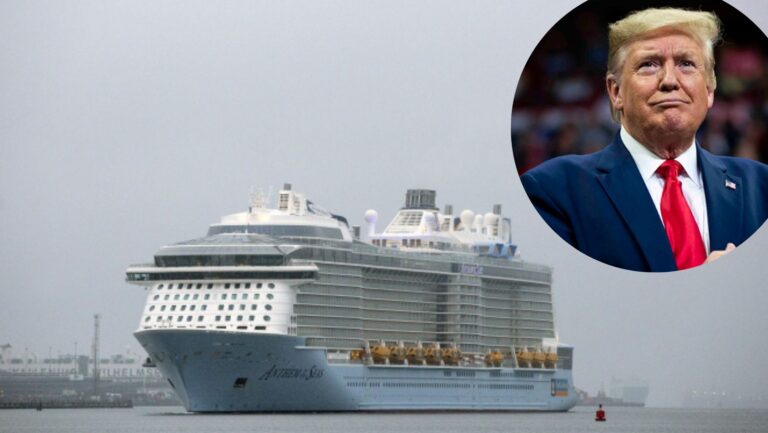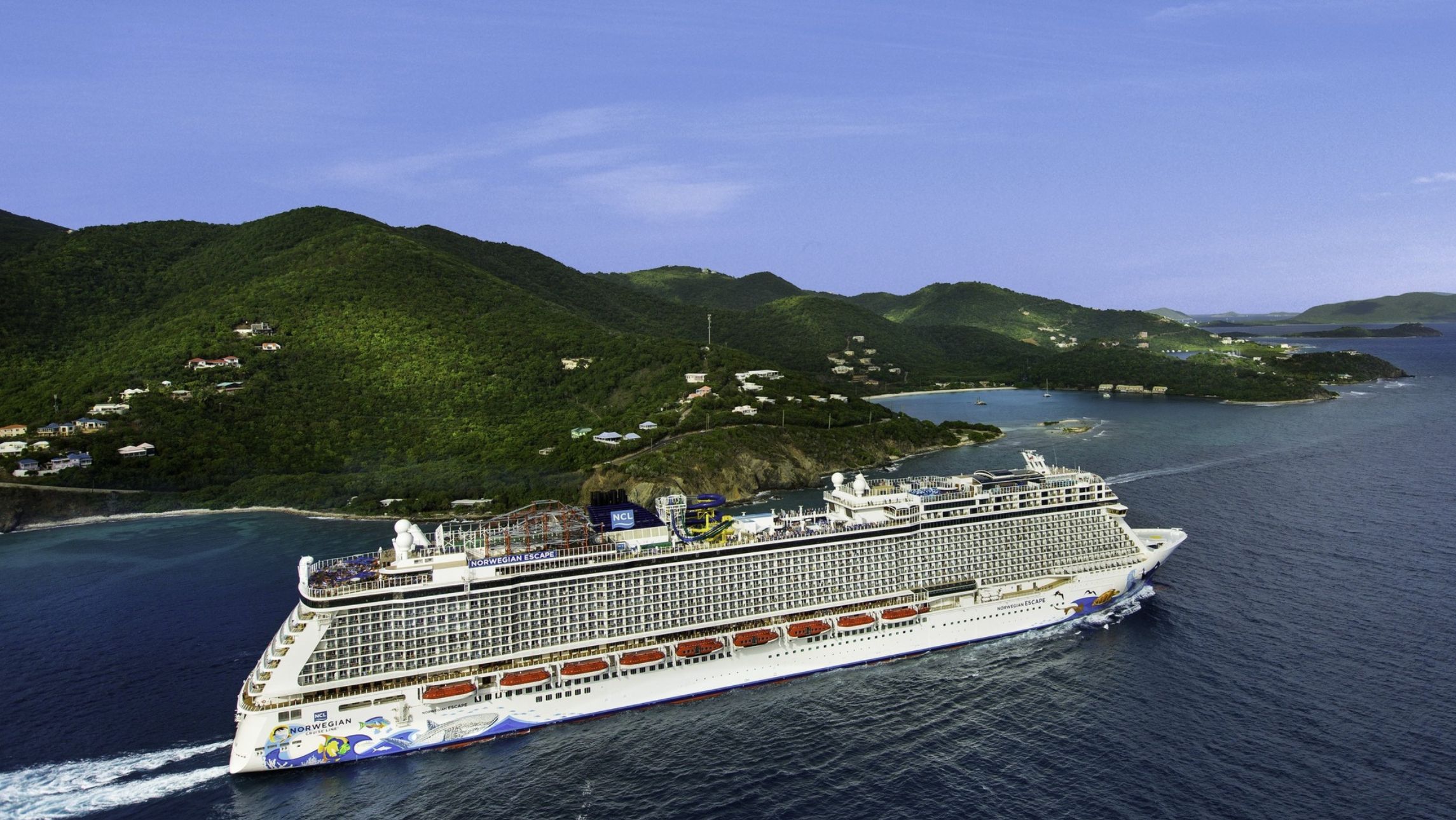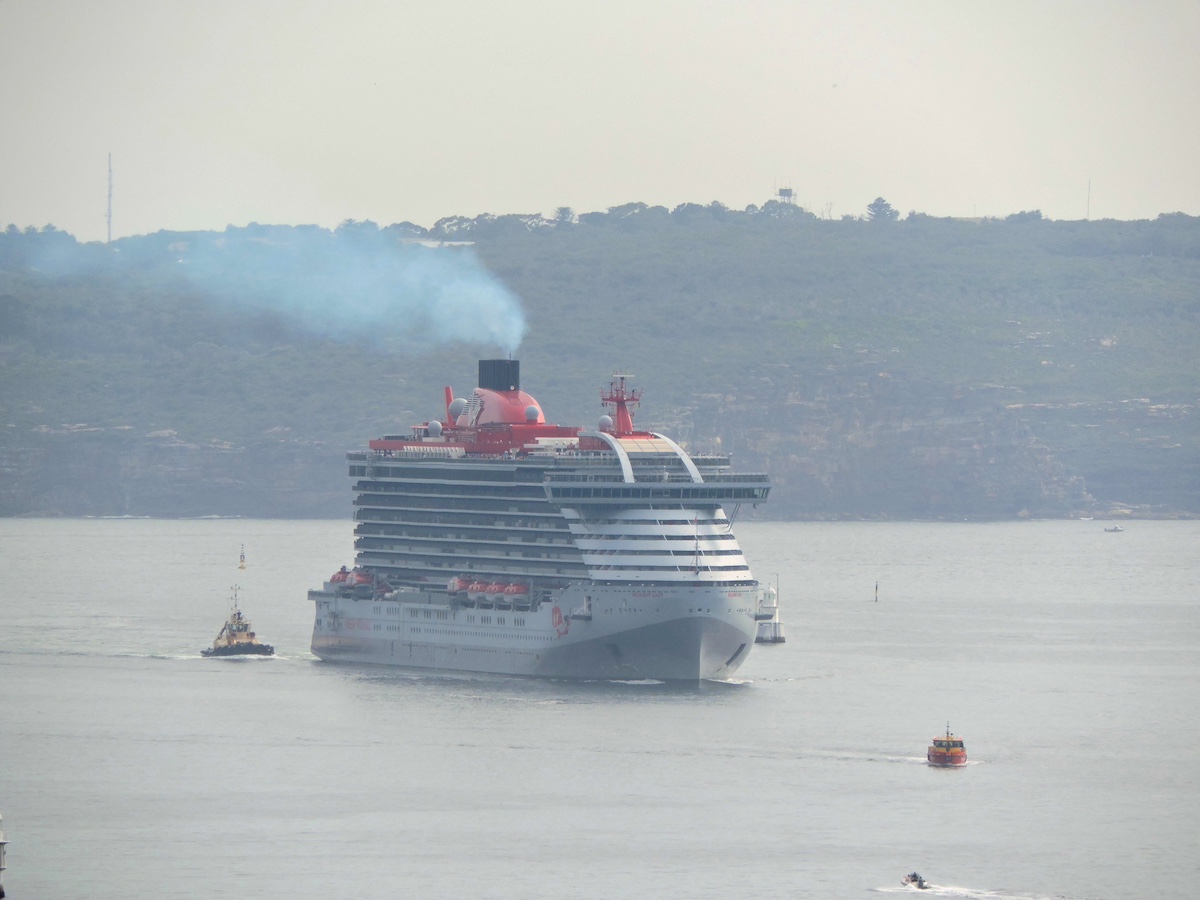- Commerce Secretary of the Trump administration Howard Lutnick commented that cruise lines don’t pay taxes and “this is going to end under Donald Trump”.
- CLIA has responded with a statement, outlining the taxes they do pay.
- Cruise stocks tanked significantly after the comments, but analysts say the industry shouldn’t worry just yet.
Commerce Secretary of the Trump administration Howard Lutnick has come out with firm statements that the administration will be looking to tax the cruise industry more heavily. The reaction has been immense, from cruise stocks tanking to the industry fighting back.
Luttnick said: “Cruise ships — you ever see a cruise ship with an American flag on the back? They have flags of, like, Liberia or Panama. None of them pay taxes.
“Every supertanker, none pays taxes. Alcohol, all foreign alcohol, no taxes. This is going to end under Donald Trump.
“And those taxes are going to be paid and Americans’ tax rates are going to come down,
“That’s what Donald Trump wants to do, balance our budget and cut our taxes.”
Essentially, the Commerce Secretary explained that as part of a larger plan to build the country’s income off of tariffs and taxes and eliminate the need for personal income tax, this plan would involve taxing cruise ships more heavily.
While it’s all purely speculative at this point, and Trump himself is yet to comment, the cruise industry did see almost a 15% and $15 billion dip in the stock market following the comments. However, analysts have called this a “massive overreaction” and the market is already rebounding.
Given that major cruise lines such as Royal Caribbean, Carnival Cruises and Norwegian Cruise Lines run a significant portion of their operations out of the USA, if they did have to pay corporate income tax, this would significantly reduce their profitability.
However, this is not possible under current laws, and would require significant legal changes to facilitate.
CLIA notes that cruising contributed $65 billion to the US economy in 2023, and supported jobs for 290,000 American workers.
If Trump did tax cruise ships, this might drive them to reconsider America as a low-tax high-return safe haven. Australia is suffering because American cruise lines are getting better returns in the Caribbean and US, where taxes and port charges are lower.
If American became a high tax area, Australia might have the chance to argue the case for bringing cruise ships back to Australian waters, where we have a ready and willing cruise population.
Is it true that cruise ships don’t pay tax?
Yes and no. Cruise ships don’t pay corporate income tax in the United States, but they do pay port fees and taxes, in significant amounts.
The Cruise Line Industry Association CLIA fought back firmly to the suggestion that they don’t pay taxes.
CLIA stated: “Cruise lines pay substantial taxes and fees in the US – to the tune of nearly $2.5 billion , which represents 65 per cent of the total taxes cruise lines pay worldwide, even though only a very small percentage of operations occur in US waters.
“Foreign flagged ships that visit the US are treated the same for taxation purposes as US flagged ships visiting foreign ports, which provides consistent reciprocal treatment across international shipping.”
Therefore, whether or not the government believes they should pay more in taxes, the industry does already pay significant costs in taxes. However, this isn’t corporate income tax, but rather taxes and fees paid to individual ports and governments.
If cruise lines are headquartered in the USA, why aren’t they US flagged?
Cruise lines don’t flag themselves under the USA for several reasons, under current conditions it would be logistically impossible for ships from cruise lines such as Royal Caribbean, Norwegian Cruise Line and more to do this.
US flagged ships have to be built in the USA, however, the USA doesn’t have any shipyards capable of building large cruise ships, such as Royal Caribbean’s Icon Class. This is why major cruise lines use shipyards in Europe to construct their new ships.
Secondly, US flagged ships need to have crew that are American citizens and work under American labour law. This would decimate cruise profit margins and require significant logistical changes to apply.
Simply put, cruise lines generally use workers from countries with lower minimum and average wages. This allows cruise lines to offer high levels of service at cheap prices to cruisers.

Could the Trump administration make cruise lines pay more taxes?
Currently cruise lines are protected under Section 883 of the Internal Revenue Code – this is the regulatory body that exists to cover taxation in the USA. This law exists to protect international companies from ‘double taxation’ and protects passenger and cargo ships from paying corporate income tax.
Robin Farley a UBS analyst makes the point that this law can’t simply be changed by the US Treasury Department but would rather require congressional action.
“Given the UBS view that tax changes would likely be part of one comprehensive tax bill rather than many individual pieces of tax legislation, and given the narrow Republican majority in Congress plus the economic importance of the cruise industry to certain states such as Florida and Alaska, the outcome of any tax proposal is not assured.”
Writing for Forbes, Roger Dooley notes that Maritime Treaties also protect cruise ships from these taxes, but says “anything is possible” under the Trump administration.
“Could the U.S. government carve out cruise ships as a category and apply a tax or fee when they visit a U.S. port?
“On one hand, it seems maritime treaties would prohibit that. But, the current administration has pushed its agenda by declaring emergencies and using executive orders even when actions conflict with laws passed by Congress. Anything is possible.”
What would this tax mean for cruise lines?
Given major cruise lines are nearly all building their core strategies through sailing out of the USA, to private destinations and other Caribbean destinations, if taxes were to significantly increase on their USA operations, this would have significant ramifications for the industry.
Sailing out of the USA is current the most profitable option for cruise lines, and it protects them from the threat of increasing regulations, fees and cruise caps across Europe and other key destinations.
The good news for cruisers is that no other members of the Trump administration have signalled that is a pressing issue for the administration, and there would be significant legal hurdles to imposing corporate taxes on cruise ships. This means while the potential consequences are significant, cruise lines and cruise passengers alike, don’t need to be sweating just yet.

Could we see higher port fees?
Vince Ciepiel with Cleveland Research told Royal Caribbean Blog that he believes more likely than cruise lines having to pay corporate income tax, is an increase in port fees.
“Taking a quick look at port passengers, the U.S. sees just over 30M in passengers travel through U.S. ports (the two largest being Miami over 7M and Port Canaveral near 7M). If the U.S. government were to impose an additional $30 fee on passengers, that would raise about $1B in tax revenue.
“An incremental $1B in price hikes on what is like $40B of ocean cruise industry revenue touching U.S. shores would be equivalent to a 2.5% price hike, which again does not seem that material/could probably easily be passed on to the consumer.”
In this scenario, cruise lines would likely just pass the cost onto cruisers, meaning slightly higher cruise fares.
So, what does this all mean?
- Under current laws, it is functionally impossible for large cruise ships to become US flagged ships, this would only be possible with a significant change in legal frameworks.
- As foreign-flagged ships, major cruise lines are exempt from paying corporate income tax in the USA, which again, would require congressional action or executive orders to change.
- While paying corporate tax in the USA would have significant worldwide repercussions for the cruise industry, this is still a far-away prospect. Furthermore, it is not yet clear if the rest of the administration shares the views of Luttnick.
- A new system for taxing cruise ships has been debated in Congress before, and rejected. This was in 2007.
- Trump himself is yet to comment. Watch this space!








